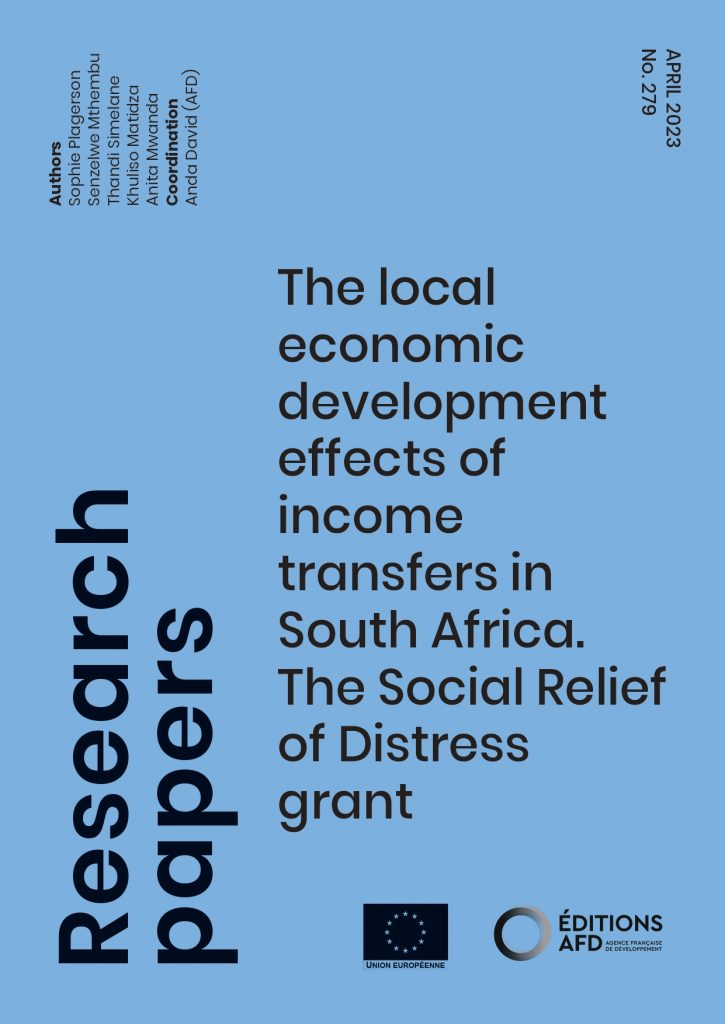The COVID-19 Social Relief of Distress (SRD) Grant and Informal Workers
The COVID-19 Social Relief of Distress (SRD) grant is an innovative social policy response. Its reach and rapid expansion were remarkable. Under section 32 of the Social Assistance Act (2004), the grant targets South African citizens, refugees, asylum seekers, and permit holders aged 18-60. It provides temporary financial assistance to those with insufficient means, who lack other social grants, unemployment insurance, or financial support.
The wide rollout, encompassing individuals who previously didn’t qualify for grants, presented a unique opportunity to study the impact of social protection on various outcomes, particularly livelihood strategies within the informal sector.
This project investigated the effects of the COVID-19 SRD grant on informal traders in South Africa. Specifically, it examined how the grant influenced their livelihoods during the pandemic and its potential role in shaping broader social protection policies, like the Basic Income Grant. Conducted in collaboration with Women in Informal Employment: Globalising and Organising (WIEGO) and the French Development Agency (Agence Française de Développement) (AFD), the study focused on informal traders in the food sector across four provinces: Eastern Cape, Western Cape, KwaZulu-Natal, and Gauteng.
Leveraging the expertise of a research team from the CSDA and WIEGO, the study employed a qualitative exploratory research design, incorporating elements of participatory methods that involved organisations and/or individuals representing or working with informal traders. An initial scoping phase was used to fine-tune the methodology with informal trader representatives and organisations, after which data collection was conducted.
The project highlighted the importance of clear communication about eligibility criteria and stability in grant provision during crisis periods.
The project further benefited from collaborations with WIEGO and AFD, which provided expertise, networks, and funding support. Additionally, engagements with the Presidential Employment Stimulus Package team and various academic conferences facilitated the dissemination of findings and informed policy discussions at both local and international levels.
The project’s full report can be viewed here.

